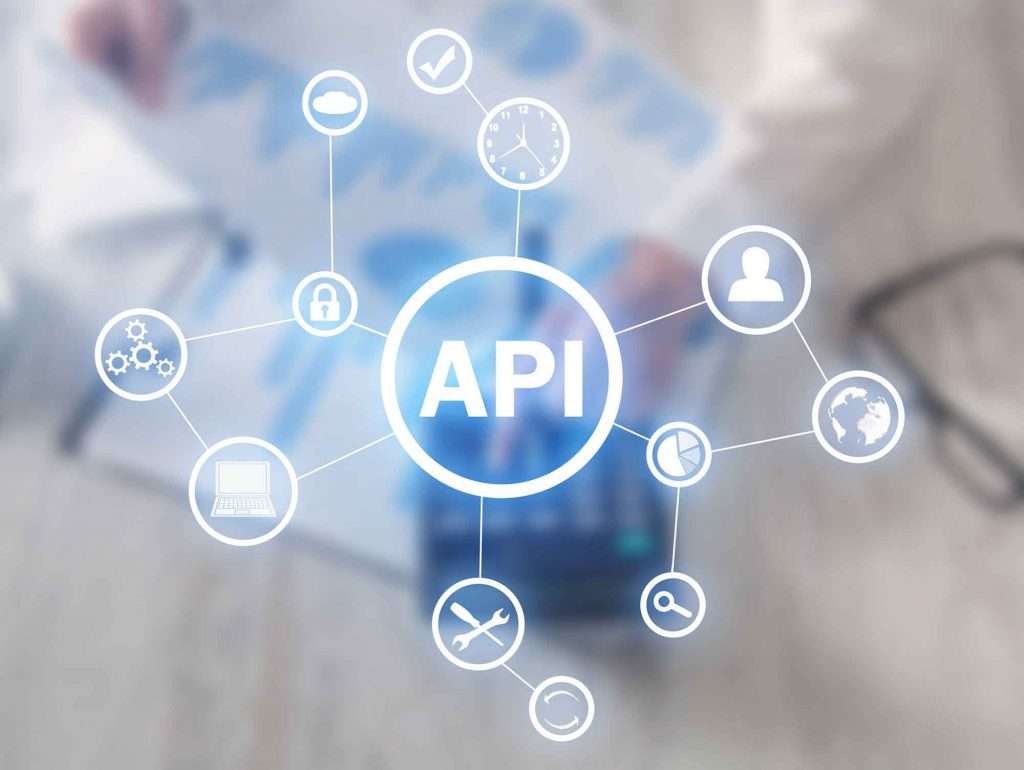In today’s rapidly evolving digital landscape, APIs (Application Programming Interfaces) are at the forefront of transforming the FinTech industry. But what exactly are APIs? Let’s dive into what APIs are and explore their significant impact on FinTech.
What are APIs?
APIs, or Application Programming Interfaces, are crucial for enabling different software systems to interact. They are essentially a set of rules and protocols that dictate how one application can communicate with another. APIs save companies time and money while enhancing customer experiences by facilitating swift and efficient data exchanges between applications. In the FinTech sector, APIs are a foundation of innovation across various domains, including payments, Banking as a Service (BaaS), accounting, financial markets, and traditional banking.
The Advantages of APIs in FinTech

Fast Innovation and Adaptability
APIs empower FinTech companies to innovate quickly and adapt to changing market demands. By adopting an API-first approach, businesses can rapidly develop new services and features without extensive time and cost associated with building them from scratch. This approach not only accelerates time-to-market but also fosters greater collaboration and integration with other services, expanding a company’s reach and customer base.
Cost Efficiency
One of the most significant advantages of APIs is their potential to reduce development costs. FinTech firms can integrate existing APIs into their applications, eliminating the need to develop these features independently. This modular approach ensures swift resolution of issues without disrupting overall operations. The result is a more efficient development process that lowers costs and accelerates innovation.
Enhanced Security
In the FinTech industry, security is paramount. APIs enhance the security of financial applications by providing advanced security features, protecting against cyberattacks, and simplifying compliance with regulatory standards.
Key Areas of Impact

Payment Processing
Payment processing APIs are crucial in the FinTech ecosystem, enabling seamless, secure and efficient transactions. They enhance user experiences and support the growth of the modern Internet economy.
Modular Development
APIs facilitate a modular approach to software development, allowing individual components to be updated, tested, and repaired independently. This modularity ensures quicker integration of new features and reduces the risk of system-wide disruptions.
Bringing It All Together: The Power of APIs in FinTech
APIs are revolutionizing the FinTech industry by enabling rapid innovation, reducing development costs, enhancing security, and supporting modular development. As FinTech continues to evolve, APIs will remain a critical tool for companies looking to stay competitive and deliver exceptional value to their customers. By embracing APIs, FinTech firms can streamline their operations, accelerate growth, and create more secure and efficient financial services.
APIs are not just a technical tool; they are a strategic asset that empowers FinTech companies to innovate faster, operate more efficiently, and provide better services to their customers. As the FinTech landscape continues to evolve, the role of APIs will undoubtedly become even more pivotal, driving the next wave of digital transformation in the financial industry.













